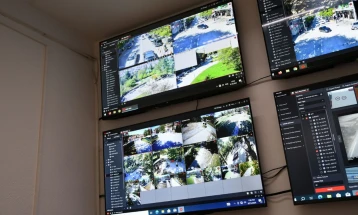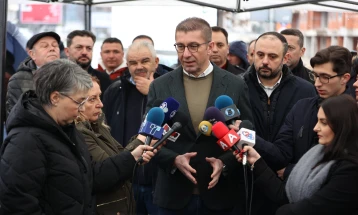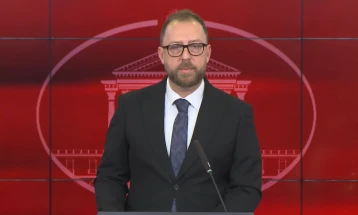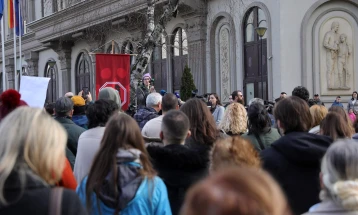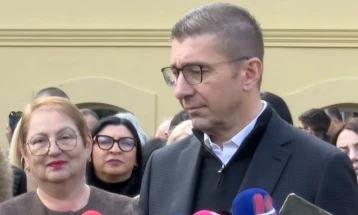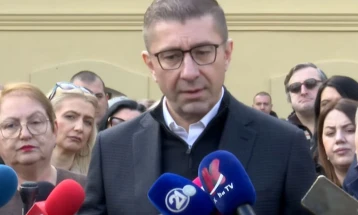Bulgarian members of Bulgarian-Macedonian Friendship Club disapprove of Bulgarian MFA’s not recognizing Macedonian language
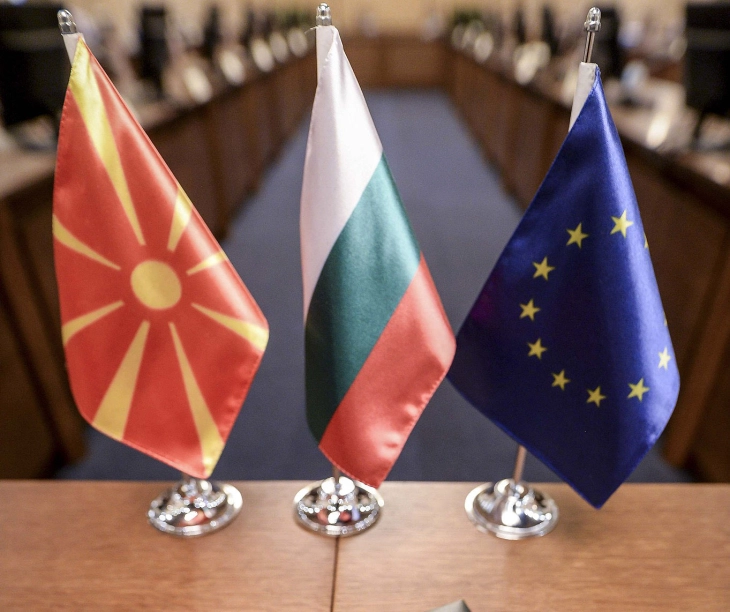
Sofia, 23 July 2022 (MIA) — The Bulgarian members of the Bulgarian-Macedonian Friendship Club have voiced their disapproval of a document by the Bulgarian Ministry of Foreign Affairs that explicitly stated Bulgaria would continue not to recognize the Macedonian language, MIA’s Sofia correspondent reports.
In a written statement, the Bulgarian members of the Bulgarian-Macedonian Friendship Club said that such a declaration from the Bulgarian MFA unnecessarily complicates relations and prevents the countries from establishing closer ties, serving no one but people in both countries profiting from the language dispute.
“The creation of modern official literary languages is a complex historical process that went on in Europe from the 16th to the 20th centuries. During this time, it was possible for more than one literary language to form on a historically same dialectal basis, due to different historical, cultural and political factors,” their statement says.
“The Macedonian literary language, formed on dialects that remained for historical and political reasons outside the creation processes of the Bulgarian literary language, has existed for at least 70 years,” the statement continues.
“It has not been a ‘Bulgarian dialect’ for a long time, because unlike any dialect, it is used in all spheres of public life: in schools, hospitals, administrative offices, in the army and the police, in science and the arts.
“It has created its own literary tradition, which has its own significant achievements. The Macedonian language and Macedonian literature are studied at a number of the most prestigious universities in the world, benefiting not only the citizens of North Macedonia, but also the influential Macedonian diaspora.
“International treaties are signed in Macedonian, and the other 26 EU members have implicitly recognized that after the potential accession of North Macedonia to the EU, the language will automatically become one of the Union's official languages,” the statement notes.
The Friendship Club’s Bulgarian members also point out that Macedonian is the native language of generations of Macedonians and ”just as intimate, close and sacred as the Bulgarian language is for Bulgarians.”
"It cannot be taken away from them without their own identity being unfairly and offensively threatened," the statement says.
The signatories also say it is “implausible to claim that this language does not exist and that it was artificially made.”
Hence, Bulgaria's MFA’s officially declaring it does not “recognize” the Macedonian language is unnecessary and counterproductive, according to the Bulgarian members of the Friendship Club.
“No literary and linguistic norm that thousands, if not millions, of people identify with needs any special permission for its existence,” they say, adding that such public gestures are damaging to democracy and mutual respect.
“Baffling to other EU members, this declaration only leads to their continued bewilderment and the isolation of Bulgaria in the EU. In no way does it contribute to the EU integration of the Western Balkans. If the Republic of North Macedonia is accepted as a full member of the EU, this needs to be done without placing any offensive terms and baffling conditions on the Macedonians,” the statement reads.
For the Bulgarian members of the Bulgarian-Macedonian Friendship Club, the EU’s continued political unification amid war and energy crisis is more important than any historical and linguistic disputes. These must be set aside, if not necessarily abandoned, because it is wrong for them to dictate the political agenda, the statement concludes. mr/
